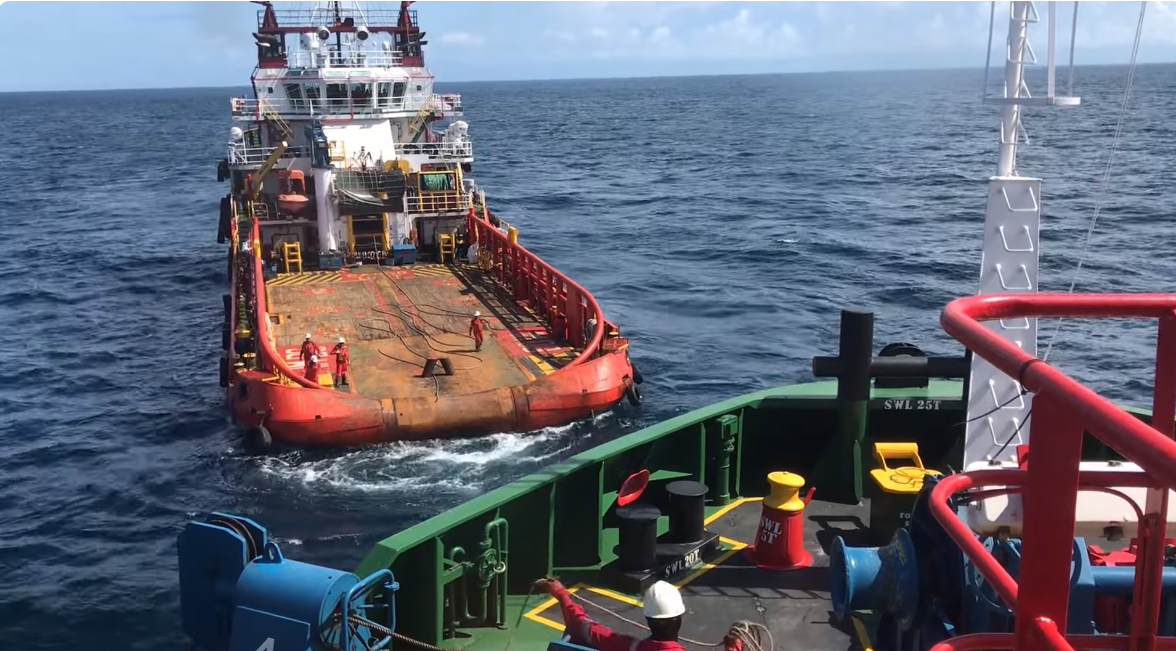Houston Maritime Attorney: Navigating Legal Waters
Houston, a bustling port city with one of the largest shipping channels in the world, is a hub for maritime activities. With the sheer volume of commercial and recreational maritime operations, the need for specialized legal expertise in maritime law is paramount. This is where a Houston maritime attorney comes into play, providing essential services to individuals and businesses involved in maritime operations. This essay explores the role of a Houston maritime attorney, the types of cases they handle, the legal framework governing maritime law, and how to choose the right attorney for your needs.
Understanding Maritime Law
Maritime law, also known as admiralty law, is a distinct body of law governing nautical issues and private maritime disputes. It encompasses a wide range of matters, including shipping, navigation, waters, commerce, and the transportation of goods and passengers by sea. In the United States, maritime law is a combination of domestic law governing maritime activities and international agreements.
Key Elements of Maritime Law
- The Jones Act: A federal statute that provides protection to seamen who suffer injuries due to negligence by their employers during the course of employment. It allows injured seamen to seek compensation beyond workers’ compensation.
- Longshore and Harbor Workers’ Compensation Act (LHWCA): This act provides for the compensation and medical care of employees disabled from injuries that occur on the navigable waters of the United States or in adjoining areas used for loading, unloading, repairing, or building a vessel.
- General Maritime Law: Includes traditional maritime claims like maintenance and cure (the obligation of a maritime employer to care for injured seamen), unseaworthiness claims, and claims for injuries to passengers.
The Role of a Houston Maritime Attorney
A Houston maritime attorney specializes in maritime law and represents clients in cases involving maritime injuries, disputes, and other legal issues related to nautical activities. Their expertise is crucial in navigating the complex legal landscape of maritime operations. Here are some of the key roles they play:
Legal Representation for Injured Maritime Workers
Maritime work is inherently dangerous, and injuries are not uncommon. A maritime attorney helps injured workers, such as seamen, dock workers, and offshore oil rig employees, to secure compensation for their injuries. They handle cases under the Jones Act, LHWCA, and general maritime law, ensuring that workers receive fair treatment and adequate compensation.
Handling Maritime Commercial Disputes
Maritime commerce is fraught with potential disputes, ranging from contract issues to cargo claims. A maritime attorney represents shipping companies, cargo owners, and other stakeholders in resolving these disputes. They provide legal advice on contract negotiations, handle breach of contract claims, and represent clients in litigation or arbitration.
Advising on Regulatory Compliance
Maritime operations are subject to a myriad of federal and international regulations. A maritime attorney advises clients on compliance with these regulations, helping them navigate the legal requirements of the U.S. Coast Guard, Environmental Protection Agency (EPA), and other regulatory bodies. This includes issues related to vessel documentation, environmental regulations, and safety standards.
Representing Clients in Admiralty Litigation
Admiralty litigation encompasses a broad range of legal disputes, including vessel collisions, salvage operations, and maritime liens. A maritime attorney represents clients in these complex cases, leveraging their specialized knowledge to achieve favorable outcomes.
Types of Cases Handled by Maritime Attorneys
Maritime attorneys in Houston handle a wide variety of cases, reflecting the diverse nature of maritime activities. Some common types of cases include:
Personal Injury Claims
- Jones Act Claims: Representing injured seamen seeking compensation for injuries caused by employer negligence.
- LHWCA Claims: Assisting dock workers and other maritime employees in securing benefits for work-related injuries.
- Unseaworthiness Claims: Pursuing claims against vessel owners for injuries caused by unsafe conditions on a vessel.
- Passenger Injury Claims: Representing passengers injured on cruise ships, ferries, and other vessels.
Commercial Disputes
- Breach of Contract: Handling disputes arising from maritime contracts, including charter party agreements and shipping contracts.
- Cargo Claims: Representing cargo owners and shippers in claims for lost or damaged goods.
- Maritime Liens: Enforcing or defending against liens on vessels for unpaid debts or services.
Admiralty and Maritime Litigation
- Vessel Collisions: Representing parties involved in collisions between vessels, including determining fault and securing compensation.
- Salvage Operations: Handling legal issues related to the salvage of distressed vessels and cargo.
- Environmental Claims: Addressing legal issues arising from oil spills, pollution, and other environmental incidents.
Legal Framework Governing Maritime Law
Maritime law in the United States is governed by a combination of federal statutes, international treaties, and judicial decisions. Some key components include:
Federal Statutes
- Jones Act: Governs the rights of seamen to seek compensation for injuries.
- LHWCA: Provides benefits for maritime workers injured on navigable waters.
- Oil Pollution Act (OPA): Regulates oil spill prevention and response.
- Clean Water Act (CWA): Governs discharges of pollutants into U.S. waters.
International Treaties
- International Maritime Organization (IMO) Conventions: Establishes international standards for maritime safety, security, and environmental protection.
- United Nations Convention on the Law of the Sea (UNCLOS): Defines the rights and responsibilities of nations concerning their use of the world’s oceans.
Judicial Decisions
- Admiralty Courts: Federal courts have jurisdiction over maritime cases, and their decisions shape the interpretation and application of maritime law.
- Supreme Court Rulings: The U.S. Supreme Court occasionally addresses key maritime law issues, setting important legal precedents.
Choosing the Right Houston Maritime Attorney
Selecting the right maritime attorney is crucial for achieving a favorable outcome in your case. Here are some factors to consider:
Experience and Expertise
Look for an attorney with extensive experience in maritime law and a track record of handling cases similar to yours. Specialized knowledge of the maritime industry and its legal intricacies is essential.
Reputation and References
Research the attorney’s reputation within the maritime community and seek references from past clients. Positive testimonials and recommendations can provide valuable insights into the attorney’s capabilities and professionalism.
Communication and Accessibility
Effective communication is key to a successful attorney-client relationship. Choose an attorney who is accessible, responsive, and willing to keep you informed throughout the legal process.
Fee Structure
Understand the attorney’s fee structure, including any contingency fees, hourly rates, or retainer agreements. Ensure that the costs align with your budget and the potential value of your case.
Conclusion
A Houston maritime attorney plays a vital role in navigating the complex legal waters of maritime law. Whether you are an injured maritime worker seeking compensation, a shipping company facing a commercial dispute, or a business needing regulatory compliance advice, a maritime attorney provides the specialized legal expertise required to achieve successful outcomes. By understanding the role of a maritime attorney, the types of cases they handle, the legal framework governing maritime law, and how to choose the right attorney, you can make informed decisions and protect your interests in the dynamic maritime industry.

